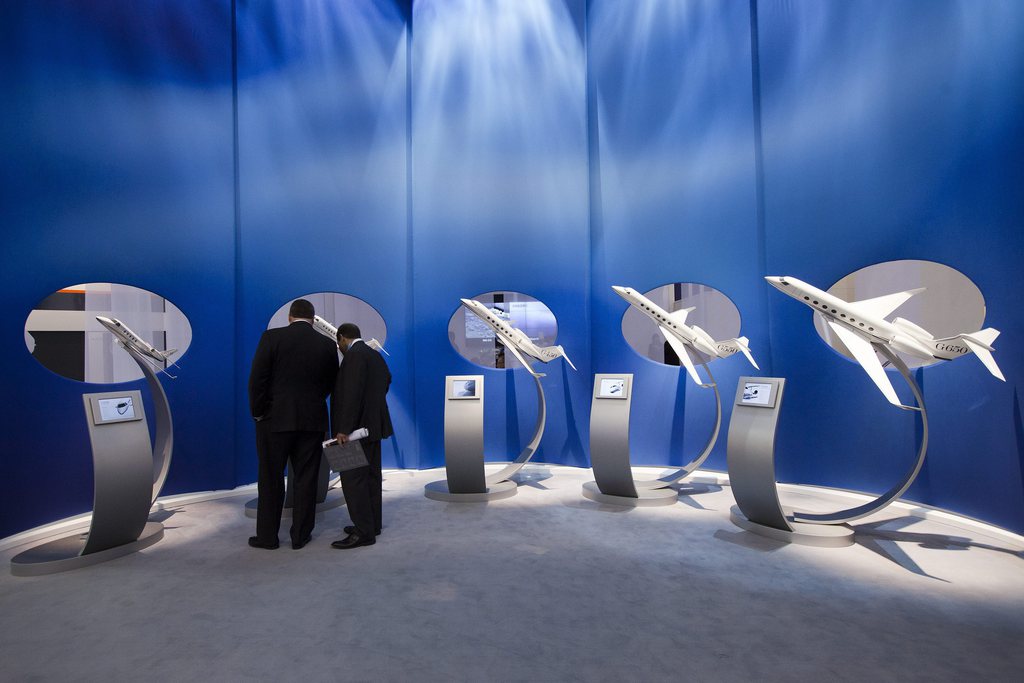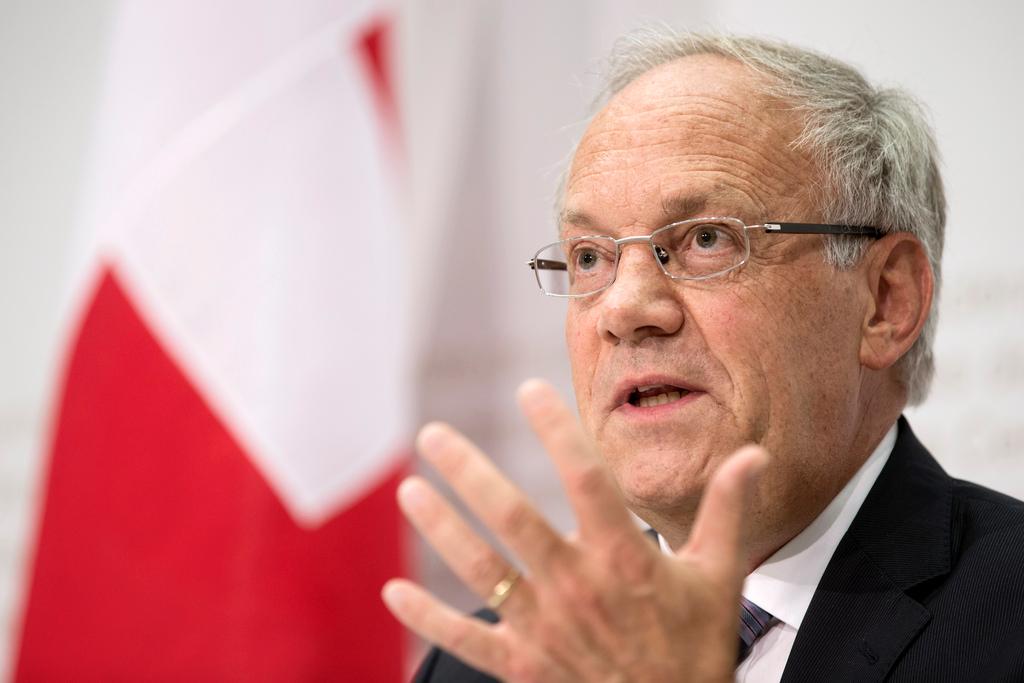Tax: State aid probes set to intensify in wake of leaks

Multinationals are bracing themselves for more state aid investigations, following the publication of a massive cache of leaked corporate tax documents from Luxembourg.
The tax affairs of more than 300 multinationals were dragged into the open when the International Consortium of Investigative Journalists, a global network based in the US, partly published a stash of nearly 28,000 pages of leaked files. These businesses include corporations such as PepsiCo, Ikea, Accenture, Burberry, Procter & Gamble, Heinz, JPMorgan, FedEx, Abbott Laboratories and Macquarie.
The revelations have lifted the lid on practices that are regarded as normal in the corporate world, where most big businesses use Luxembourg as part of their financial structures. But tax experts said the documents may provide more examples of cases where allegedly favourable tax “rulings” – comfort letters concerning a company’s future tax treatment – amounted to illicit state aid, breaching EU rules.

More
Financial Times
External linkCaroline Ramsay, a state aid lawyer at Pinsent Masons, an international law firm, said: “The Commission is now very likely going to scrutinise this dossier of papers in great detail – and several more companies could join the ranks of Fiat, Apple and Starbucks and find themselves in the state aid firing line.”
The commission is currently probing rulings agreed by the Luxembourg tax authority with Fiat, the car company, and Amazon, the ecommerce company. The government and companies subject to the state aid probes reject any improper arrangements or wrongdoing. ICIJ also stressed that it was not suggesting any irregularity in any of the documents it had examined.
Swiss strategy: Franchising arm rearranged financing
Leaked PwC documents reveal how the franchising arm of Ikea rearranged its financing, with the help of a Luxembourg-based structure and low-tax Swiss branch. The strategy involves making loans to a Swiss finance branch of a Luxembourg entity, for lending to Ikea companies around the world. By doing this, the loan interest is taxed in Switzerland at a very low rate. Passing the loans through Luxembourg incurs a tax charge at an effective rate of 0.03 per cent.
PwC started the process in 2009, asking Luxembourg to approve a structure for the financing of the Inter Ikea group, which oversees Ikea’s franchise operations. Inter Ikea’s Luxembourg company proposed replacing its Belgian Treasury subsidiary with a Swiss finance branch in Geneva. This would become the company’s internal bank, lending cash that came from a subsidiary in the Netherlands Antilles, a tax haven.
This arrangement left little profit to be taxed in Luxembourg at its tax rate of 29.6 per cent. PwC suggested the amount taxed in Luxembourg should be calculated as 0.03 per cent for each billion euros allocated to the Swiss branch. Once the funds exceeded €6bn, the tax would be 0.016 per cent of working capital. Marius Kohl, a Luxembourg tax official, wrote to PwC saying the arrangements were “in compliance with current tax legislation”.
Ikea’s Luxembourg finance unit reported a €199,170 tax charge in 2011, of which the corporate tax charge was just €1,575. Inter Ikea told the International Consortium of Investigative Journalists its tax planning complies with all laws.
By Vanessa Houlder and Sally Gainsbury
However, the release of the documents is likely to give renewed momentum to the global crackdown on international tax avoidance that is set to be discussed at this month’s G20 leaders’ meeting in Brisbane. Given Luxembourg’s importance in international tax planning, the publicity around its tax arrangements will focus attention on the effort to rewrite the global tax rules, which is about halfway through.
The ICIJ – which worked with 80 journalists and outlets including the Guardian, Le Monde and Germany’s Süddeutsche Zeitung – said its findings illustrated how companies saved billions of dollars in taxes. It said: “In some instances, the leaked records indicate companies have enjoyed effective tax rates of less than 1 per cent on the profits they’ve shuffled into Luxembourg.”
Although it has long been known that companies achieve the very low tax rates in Luxembourg, the cache of data provides insights into the complex mechanisms used to achieve them.
Luxembourg is not overtly a low-tax country for businesses: more than two-thirds of OECD countries have corporate tax rates lower than its 29.2 per cent. But the documents show there are numerous deductions and exemptions that lower the rate by creating profits that escape tax altogether.
The documents reveal myriad strategies, including arrangements such as low-tax Swiss branches, “hybrid” financial instruments and “hidden capital contributions”. They also outline details of sprawling structures which allow companies to arbitrage the difference between countries’ tax rules.
Their exposure is likely to be particularly unnerving for some companies because it contrasts with a tradition of secrecy in Luxembourg. Foreign tax inspectors trying to understand their multinationals’ tax planning often struggled to make sense of the sparse details in the companies’ Luxembourg accounts, and found it hard to get hold of legal documents.
Campaigners said the latest “Luxembourg leaks” underlined the need for G20 leaders to crack down on tax avoidance. Murray Worthy, a campaign manager at ActionAid, a development group, said: “This exposure of the industrial scale of global tax avoidance involving Luxembourg clearly highlights the need for global action.”
Nicolas Mackel, chief executive of Luxembourg for Finance, an inward investment agency, said Luxembourg had been aware that the details would be published, although he had not anticipated the scale of the publication. He added: “The criticism that Luxembourg helps companies evade taxes on an industrial scale is rubbish. This does not show that Luxembourg has any scheme that helps companies. Rulings are a normal tax technique. They exist in multiple countries.”
Mr Mackel also hit out at reports that the publication features “secret deals”, saying that the rulings were merely confidential. He said he believed the data had been leaked by a “disgruntled employee” from an archive. The confidential documents mostly concern clients of PwC, the professional services group. ICIJ said it had helped multinationals obtain at least 548 tax rulings or “Advance Tax Agreements”, from 2002 to 2010.
PwC said in a statement: “The documents referred to date back a number of years – we cannot comment on individual cases”.
At a time when businesses are aware of reputational risk, public scrutiny of their tax plans is likely to hasten the restructuring of their global tax planning. Fears of a state aid inquiry will further add to concerns, said Ms Ramsay.
“The companies that are on this list should immediately consider how they can restructure their global tax planning in a way that the commission will not find offensive.”
Copyright The Financial Times Limited 2014

In compliance with the JTI standards
More: SWI swissinfo.ch certified by the Journalism Trust Initiative


You can find an overview of ongoing debates with our journalists here . Please join us!
If you want to start a conversation about a topic raised in this article or want to report factual errors, email us at english@swissinfo.ch.